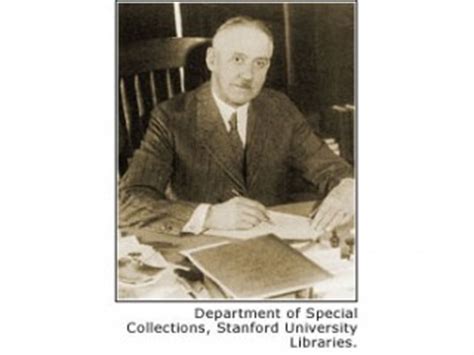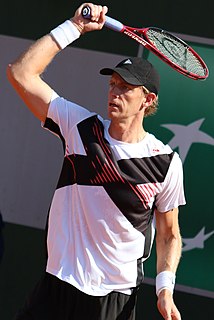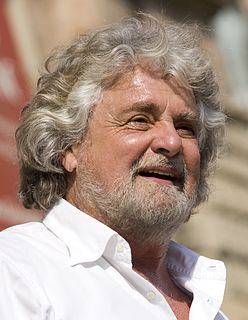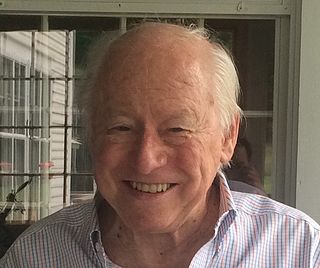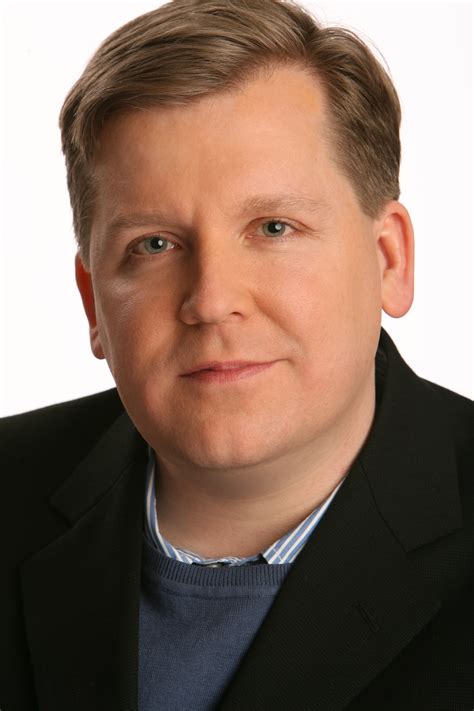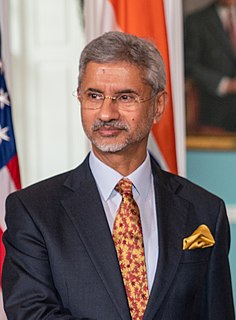A Quote by Terry Eagleton
Language, identity and forms of life are the terms in which political demands are shaped and voiced.
Related Quotes
Our schools are, in a sense, factories, in which the raw products (children) are to be shaped and fashioned into products to meet the various demands of life. The specifications for manufacturing come from the demands of twentieth-century civilization, and it is the business of the school to build its pupils according to the specifications laid down.
There's no linear narrative - the structure is more like a series of variations on a theme (how identity is shaped by language), with the past constantly bleeding into the present, dreams into reality. And the language, while incredibly lyrical in places, also has this underlying dissonance, the sense of it having itself been translated.
Literature is a form of language that breaks with the whole definition of genres as forms adapted to an order of representations, and becomes merely a manifestation of a language which has no other law than that of affirming in opposition to all other forms of discourse its own precipitous existence.
I do not mean to say that such institutions act unilaterally on psychic life, or that they determine certain psychic outcomes. Rather, they exploit forms of fear and insecurity that are there for any population - no political organisation of life could ever fully do away with fear and insecurity; but some work to intensify, accelerate, and make more acute forms of fear, and to provide ideological focus for such intensified fears, at which point critical thinking has a fierce rival. The critical analysis that shows precisely how those forms of fear are promulgated, and for what purpose.
Amid the welter of vague political abstractions ... where meanings shift so quickly and so subtly, not only following changes of thought, but often manipulated artificially by political practitioners so as to obscure, expand, or distort ... a certain broad consistency in its relations to other kindred terms is the nearest approach to definition which such a term as Imperialism admits. Nationalism, internationalism, colonialism, its three closest congeners, are equally elusive, equally shifty, and the changeful overlapping of all four demands the closest vigilance.


